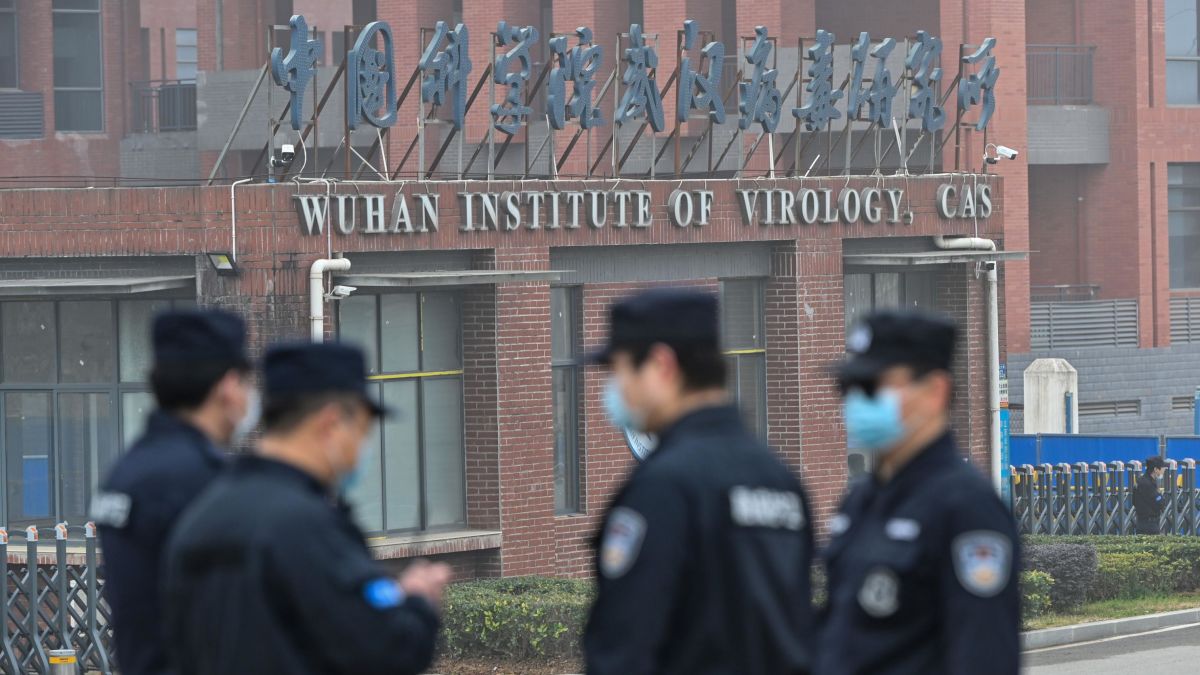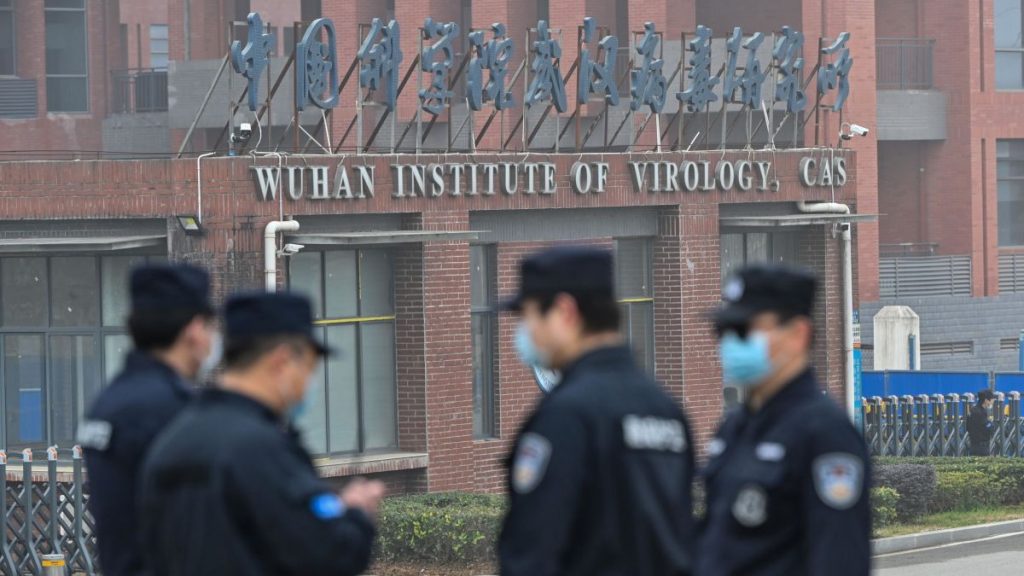The World Health Organisation team tasked with tracing the source of the COVID-19 virus started its mission in Wuhan this week.
After completing its 2 weeks of mandatory quarantine, the group of experts from around the world has already taken them to hospitals, laboratories, and the infamous Huanan wet market where are a cluster of the first reported cases were found.
The team have tried to downplay expectations. Nguyen Viet, who co-leads the Animal and Human Health Programme at Nairobi’s International Livestock Research Institute, said they were feeling the global political pressure but that “we need to be patient, we are in a process and we need time and effort to understand it”.
The WHO has been quick to emphasise that prevalent conspiracy theories hold little ground. Regarding rumours that COVID-19 was manufactured in a Wuhan laboratory, team member Vladimir Dedkov said “first there are no signs, and seconds, there are no facts that point to a leak, neither direct nor indirect”.
The global ineffectiveness which allowed the virus to take hold around the world, is often blamed on a ‘cover-up’ by the Chinese government. The WHO have said otherwise, underlining that“‘the reality is that the (Chinese) signals were picked up ProMed, by others” after official Wuhan sources warned of a new disease in December and advised precautions to prevent its spread. The experts were more damning of other countries. Helen Clark who co-chairs the Independent Panel for Pandemic Preparedness and Response said “February (2020) is like a blank space in a lot of the world, because that’s when world is sitting and watching the measures in Wuhan almost as if it couldn’t happen to it”.
Calls have been made to strengthen the WHO so future global responses are swifter and stronger but the potential challenges this poses to sovereignty means meaningful change is unlikely to come about anytime soon.
China hopes that the investigation will help to rebalance some of the skewed rhetoric circulated in Europe and North America about the handling of the coronavirus.
The world-class response that has kept the world’s most populous country’s infection rate consistently low has raised questions about the capability of capitalist governments to protect their people. Marxist states disproportionately fill out the lowest rankings in deaths per capita.
The team is expected to visit many countries as part of its investigation as the medical community continues to find cases of COVID-19 that predate China’s infections in December 2019. Chinse state media has pointed out that “According to a research report by the US Centres for Disease Control and Prevention, there were antibodies to the new coronavirus in some American blood donations in December 2019.” Researchers at the University of Barcelona also said in June that they have detected the novel coronavirus in a frozen Barcelona wastewater sample from March 12, 2019, although the methods used mean complete accuracy isn’t guaranteed.
The balanced message given out by the medical community may take a while to reach Western ears, unfortunately. The recent ban of Chinese news channel CGTN from British television will only serve to compound the propaganda that our governments are using to counteract the complete incompetence with which they’ve handled this global event.
Mali Kakembo, is a member of the YCL’s Wales branch




